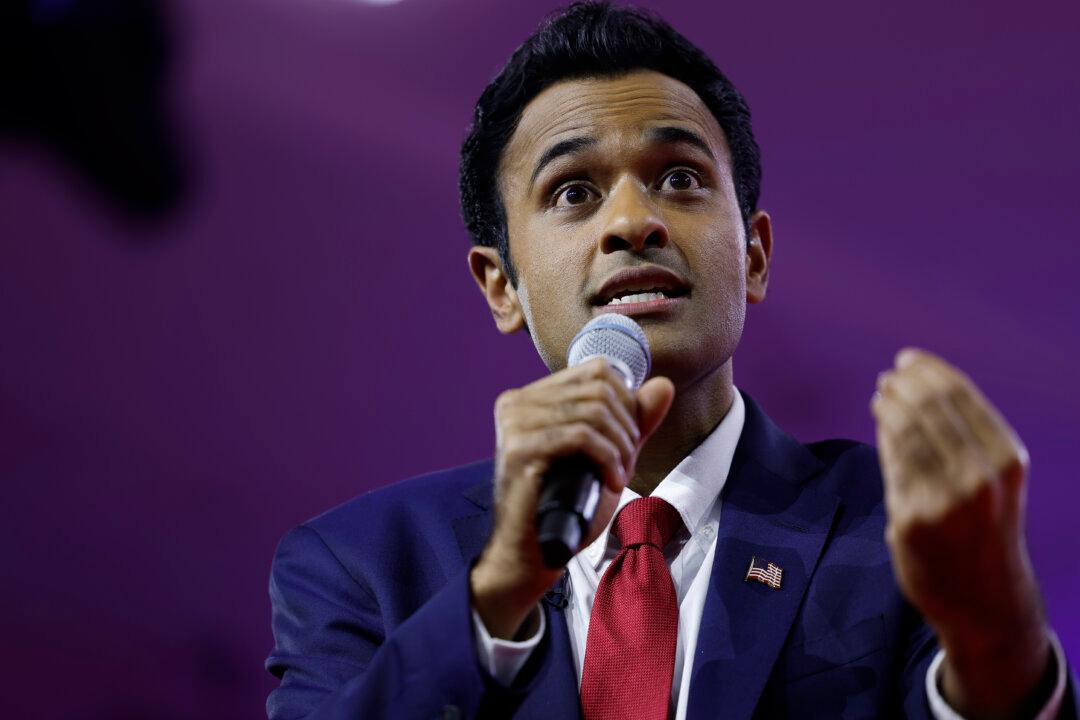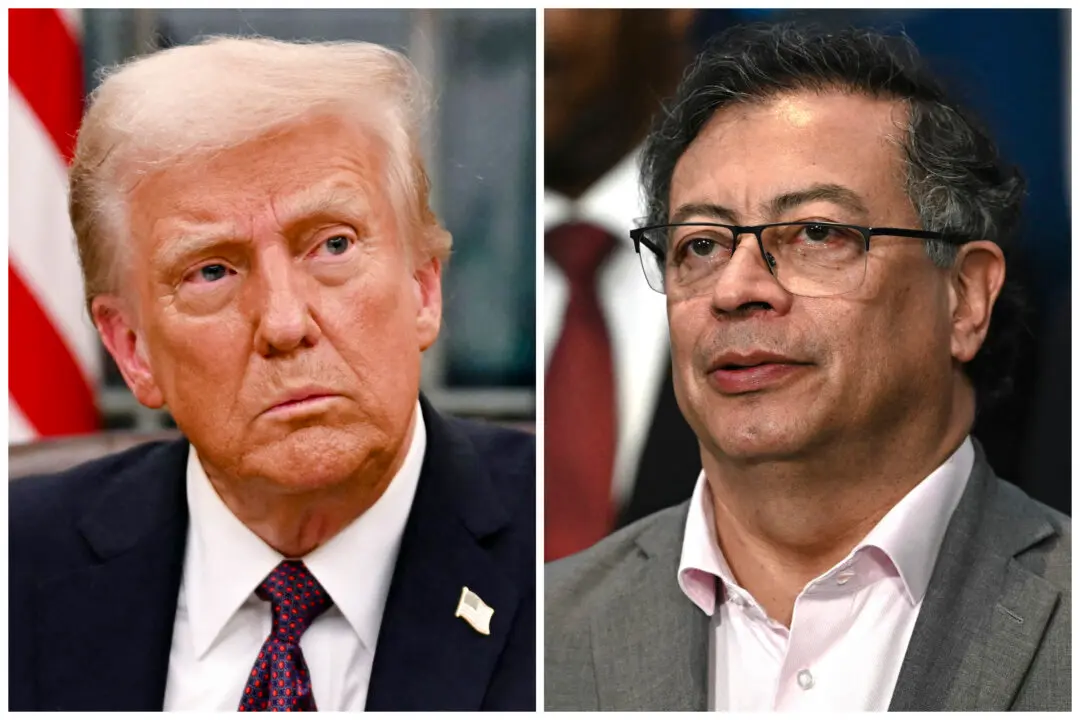GOP 2024 presidential candidate Vivek Ramaswamy has called for restraint by the federal government in its response to the swift collapse of tech-sector darling Silicon Valley Bank (SVB) over the weekend, amid calls against more taxpayer bailouts for bank failures.
Ramaswamy, an entrepreneur and biotech investor, suggested on Saturday night that the best way for regulators to handle SVB’s failure was to “let SVB fully fail.”





